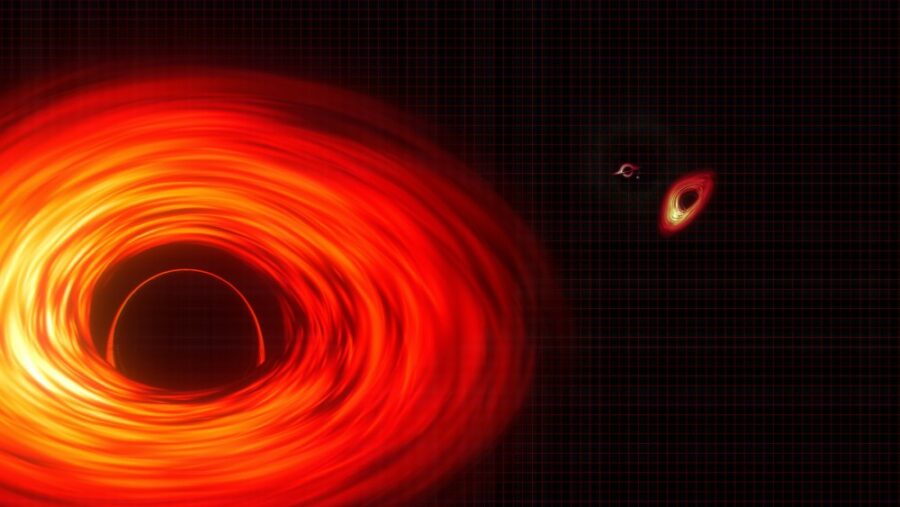NASA Found Millions Of Black Holes by Accident

Supermassive black holes are the scariest, most dangerous objects in the universe. They usually rest at the heart of galaxies, gobbling up any stray matter that happens to get close to them. They devour everything from dust and gas to entire stars.
And NASA found about 2.5 million more of these engines of destruction lurking out there in the cold depths of space. It was all thanks to a space telescope that was shut down in way back in February of 2011.
NASA’s Wide-field Infrared Survey Explorer (WISE) space telescope yielded a ton of information about black holes and other entities during the two years it remained in service. The amount of data it collected was so vast that, even after the space telescope went into standby mode, astronomers were still finding things hidden in its data.
NASA announced its newest revelation: that it had found 2.5 million objects known as quasars. Quasars are active supermassive black holes that spew out tons of radiation as they devour material flowing into them.
Scientists have long suspected that there are far more of these monsters in the universe than has been observed, and now they have confirmation that the cosmos is brimming with them.
In addition to the wealth of black holes, WISE also found a large assortment of what astronomers have given the unfortunately corny name of Hot DOGs.
Hot DOGs stand for hot, dust-obscured galaxies. These hot galaxies are actually some of the brightest in the universe, but a shroud of dust makes them all but invisible to astronomers. It is thought that these Hot DOGS could be the missing link in the evolution of galaxies that happen when they are in the process of changing from a spiral disk like our own into a smoother elliptical galaxy.
WISE’s spiritual successor (though not a direct 1:1 successor), NuStar, successfully launched in June 2012. Its mission was to investigate black holes, supernovae, and active galactic nuclei. NuStar is an X-ray telescope that helped observe a magnetar, a type of neutron star with an extremely powerful magnetic field.
With space exploration continuing to increase through the years, and scientific advancements coming more and more every day, it stands to reason these discoveries will keep ramping up as well. Heck, we might find more black holes by accident as well.











